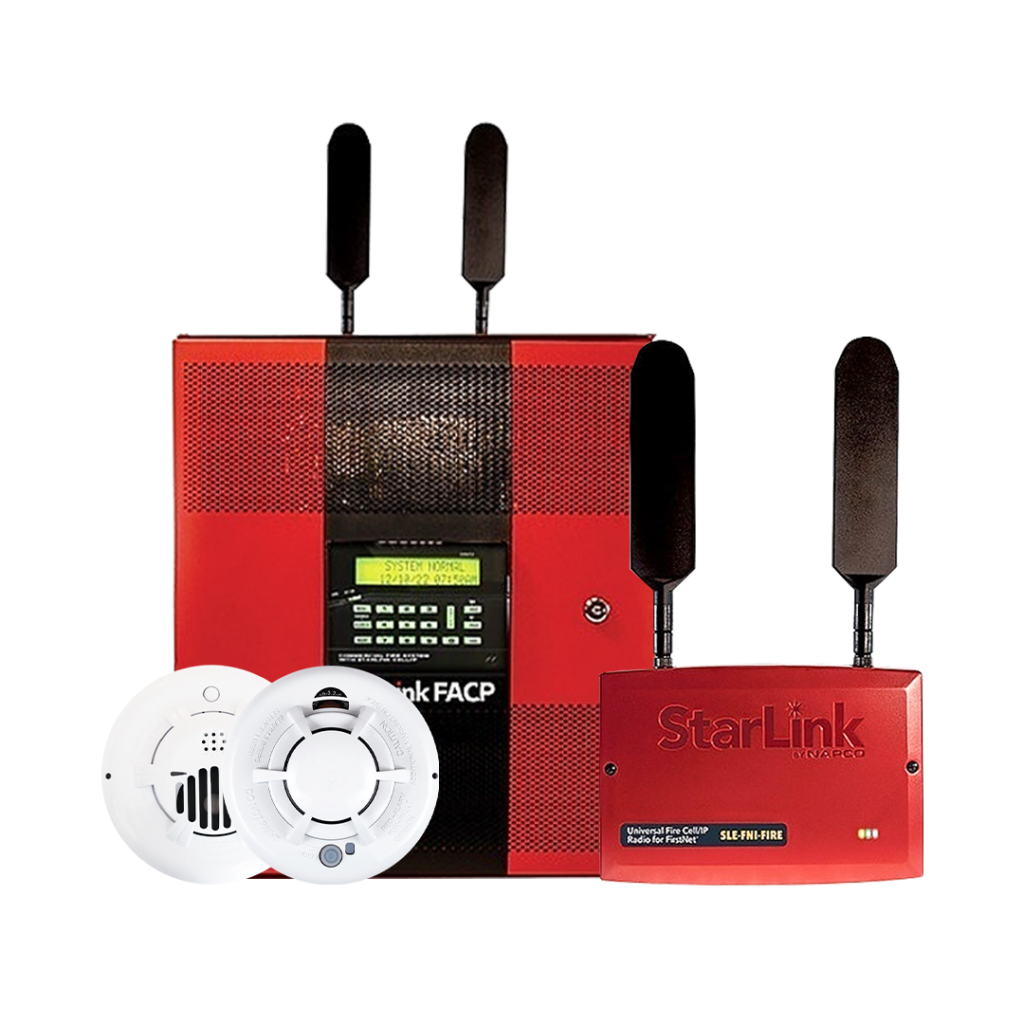We offer top of the line surveillance and security solutions, so you can always stay informed about what’s happening around your business property.
Go Safer Security provides top-notch security services in Maryland, including comprehensive exit and Emergency Lighting services. Our team of experienced professionals are dedicated to keeping you and your business safe.
Fire alarms can be either manual or automatic. Manual fire alarms must be activated by a person, such as by pulling a lever or pressing a button. Automatic fire alarms are activated by a fire sensor, such as a smoke detector or heat detector.
Fire alarms are an important part of fire safety. They can help to save lives by alerting people to a fire so that they can escape safely. It is important to have working smoke alarms in every home and workplace. Smoke alarms should be tested monthly and replaced every 10 years.


In addition to complying with regulations and ensuring the safety of your property and assets, regular fire panel inspection and maintenance can also save you money in the long run. By catching issues early, such as faulty sensors or alarms, you can address them before they become more extensive and expensive problems. This can also help prevent false alarms that can potentially lead to fines or penalties. Additionally, a well-maintained fire alarm system can potentially lower your insurance premiums, as insurance companies often offer discounts to businesses that prioritize safety measures. Therefore, the investment in regular fire panel inspection and maintenance can not only protect your property, but also save you money in the long run.
A fire alarm is a system designed to detect and warn individuals about the presence of a fire or smoke in a building. It typically consists of smoke detectors, heat sensors, audible alarms, and sometimes visual alarms.
Fire alarms work by continuously monitoring the environment for signs of fire or smoke. When smoke or excessive heat is detected, the alarm system triggers the alarms, which may include loud sirens and flashing lights, to alert people in the building of the potential danger.
There are various types of fire alarms, including:
Fire alarms should be installed in key locations throughout a building, including bedrooms, living areas, hallways, and near kitchens. It’s important to follow local building codes and guidelines when determining the placement of fire alarms.
Fire alarm requirements vary depending on the jurisdiction and the type of building. Many building codes and regulations mandate the installation of fire alarm systems in commercial buildings, multi-family residences, and public spaces for safety compliance.
Fire alarms should be tested regularly to ensure their proper functioning. It is generally recommended to test them at least once a month. Additionally, most fire alarm systems have a battery backup, and these batteries should be replaced according to the manufacturer’s instructions.
If the fire alarm activates, it is crucial to take immediate action. Follow these steps:
Yes, fire alarms can be interconnected, especially in larger buildings or residential complexes. Interconnected alarms communicate with each other, so if one alarm detects a fire, all alarms will activate simultaneously, providing early warning throughout the building.
Remember to consult local fire safety codes and regulations for specific guidelines and requirements regarding fire alarm systems in your area.
Call 1-800-GO-SAFER (467-2337) and speak with our GSS Specialist or complete the form and we will contact you.
What type of business do you have? This will help us determine the specific needs of your business and recommend cameras that are best suited for your industry.